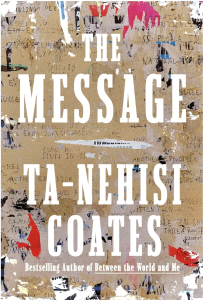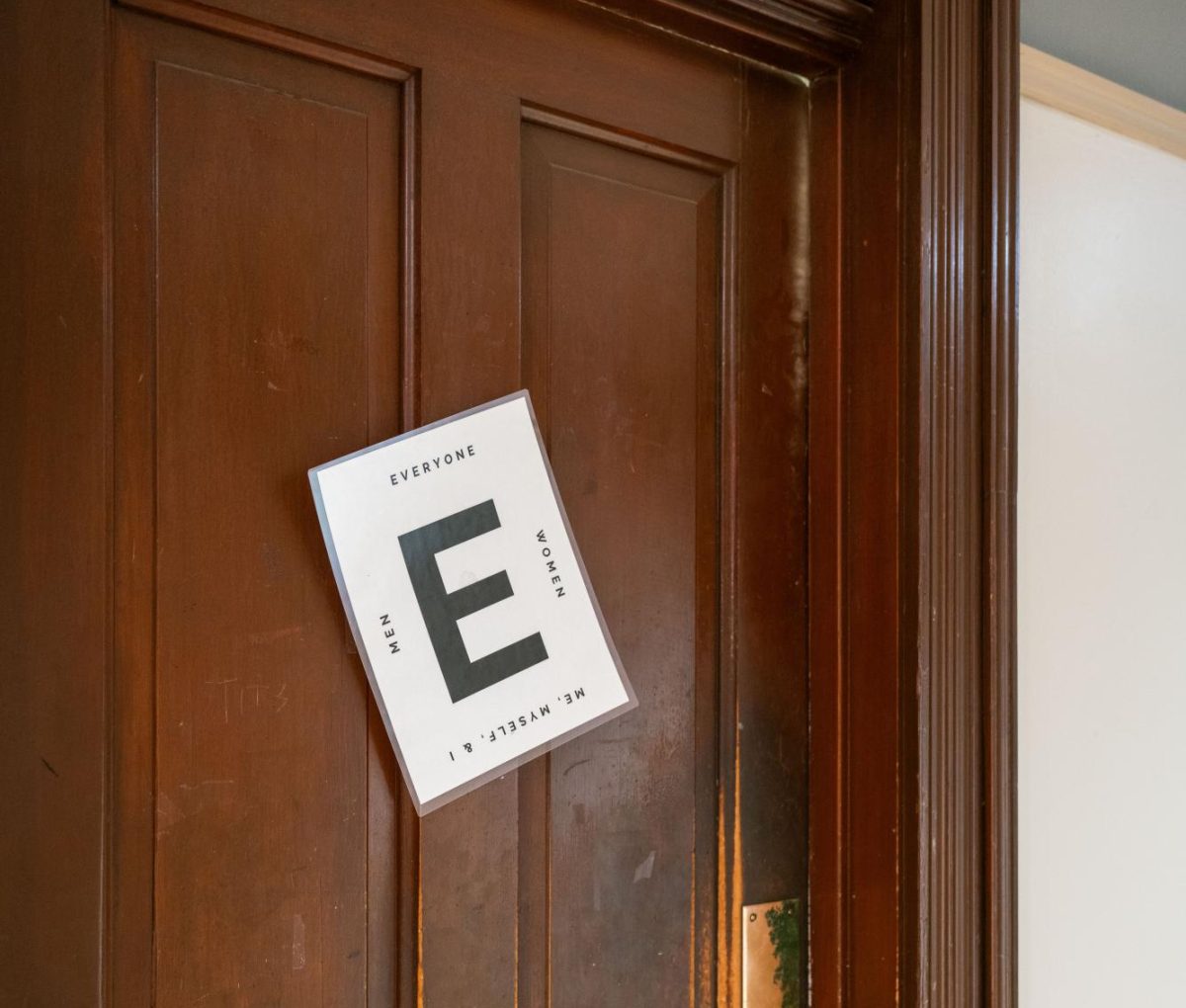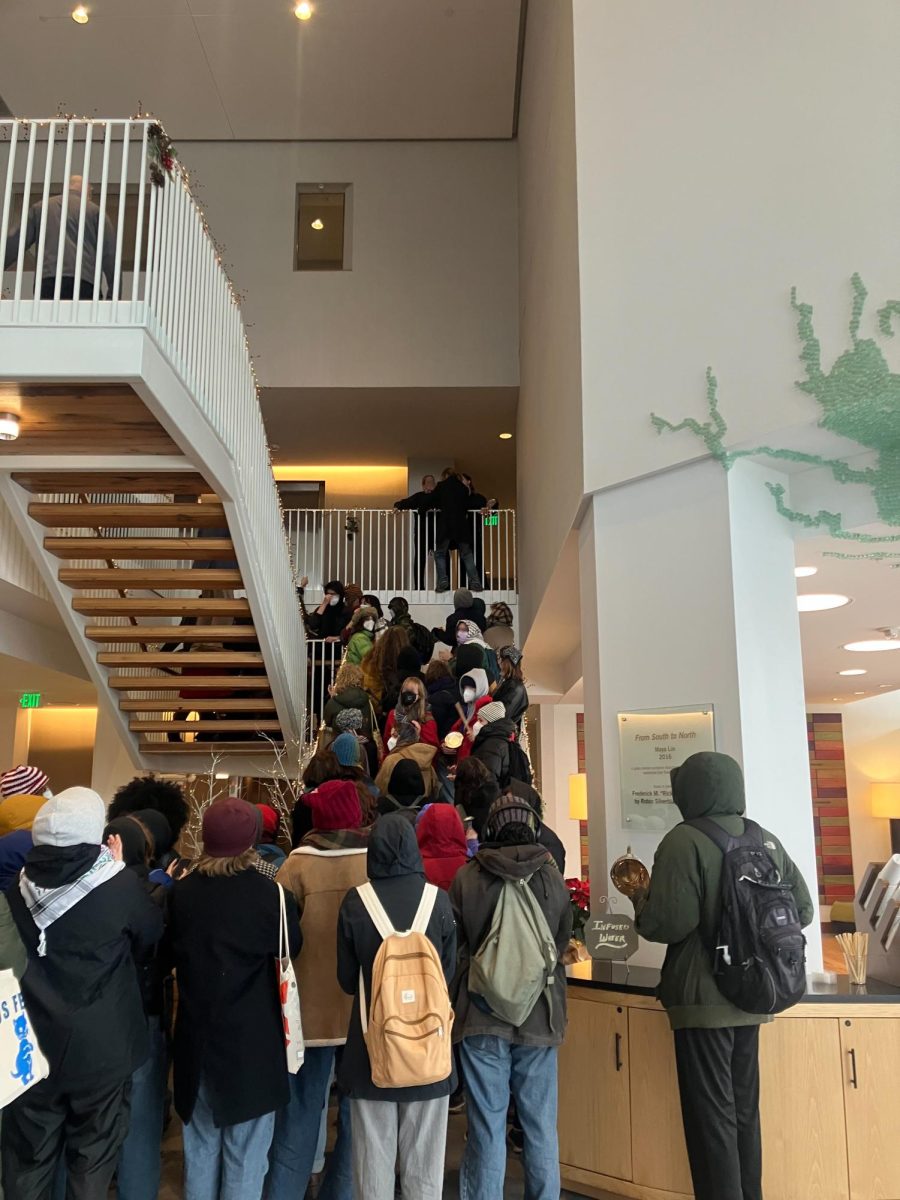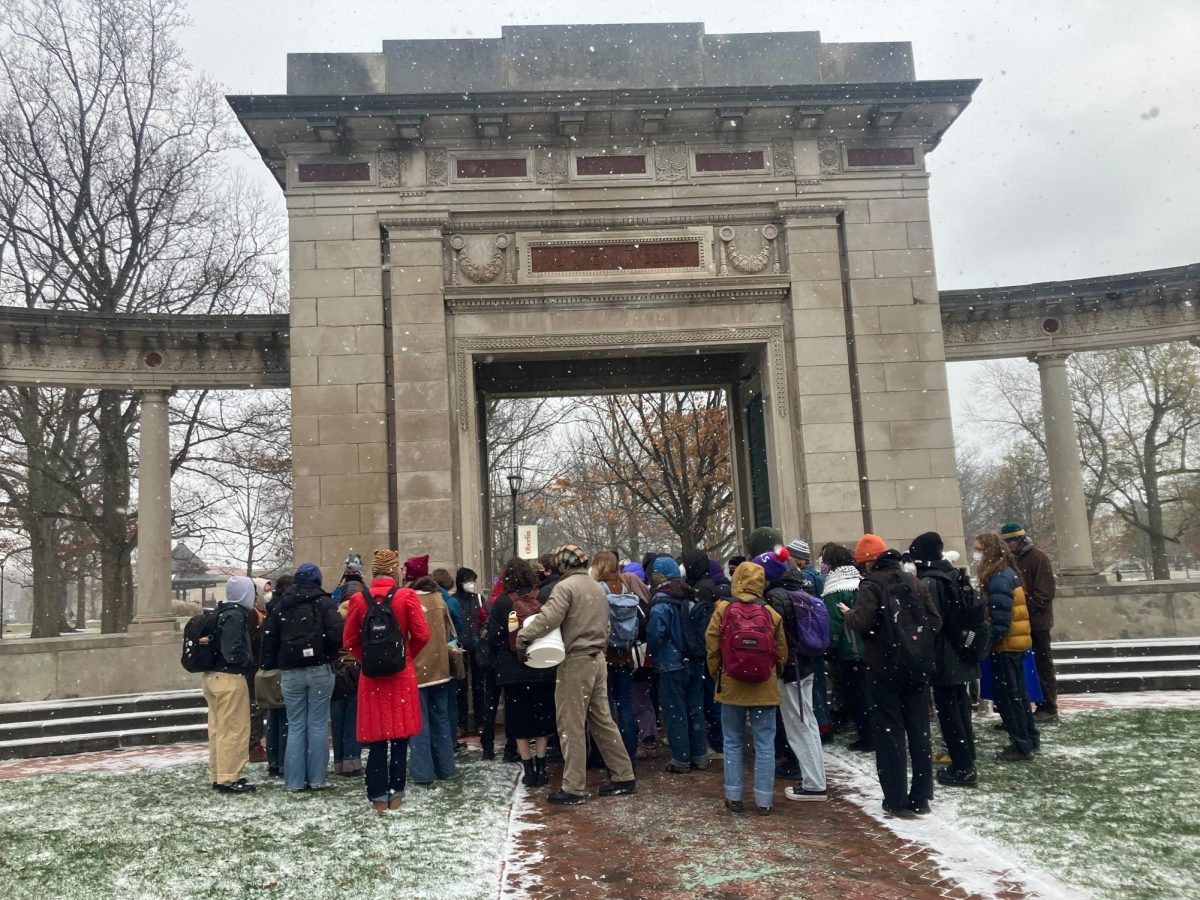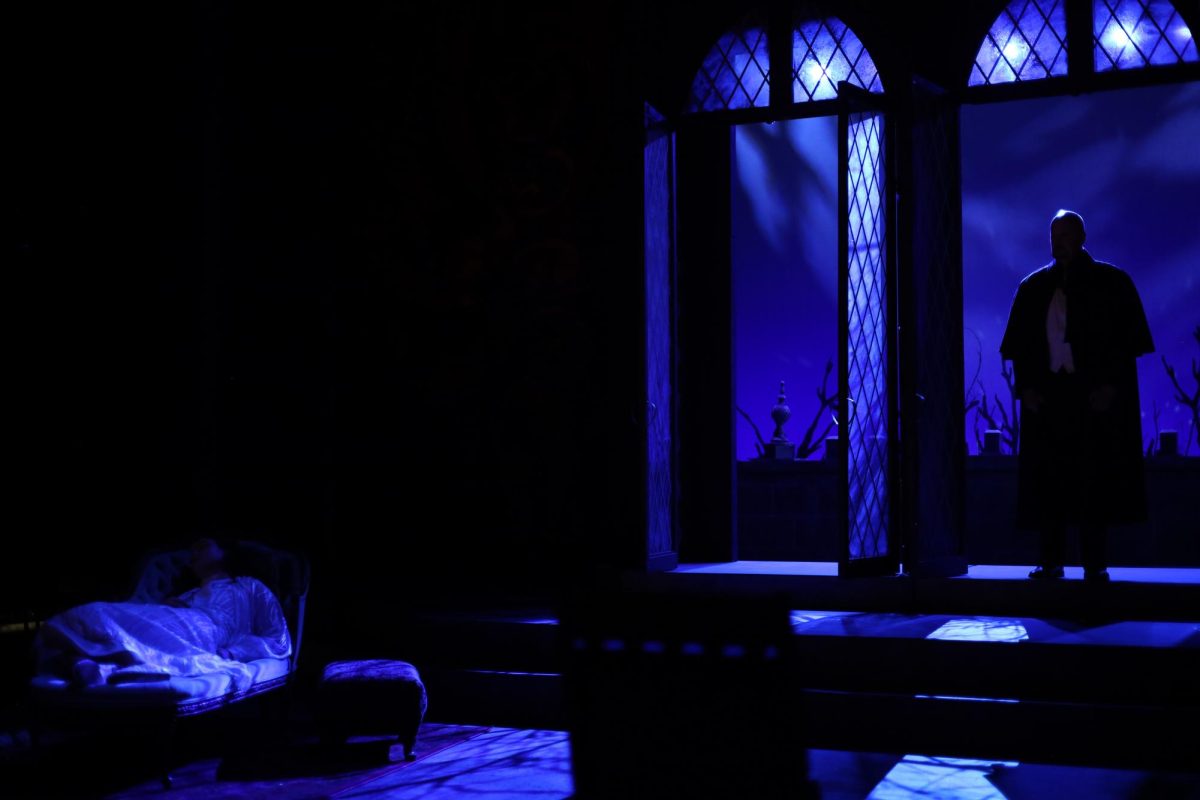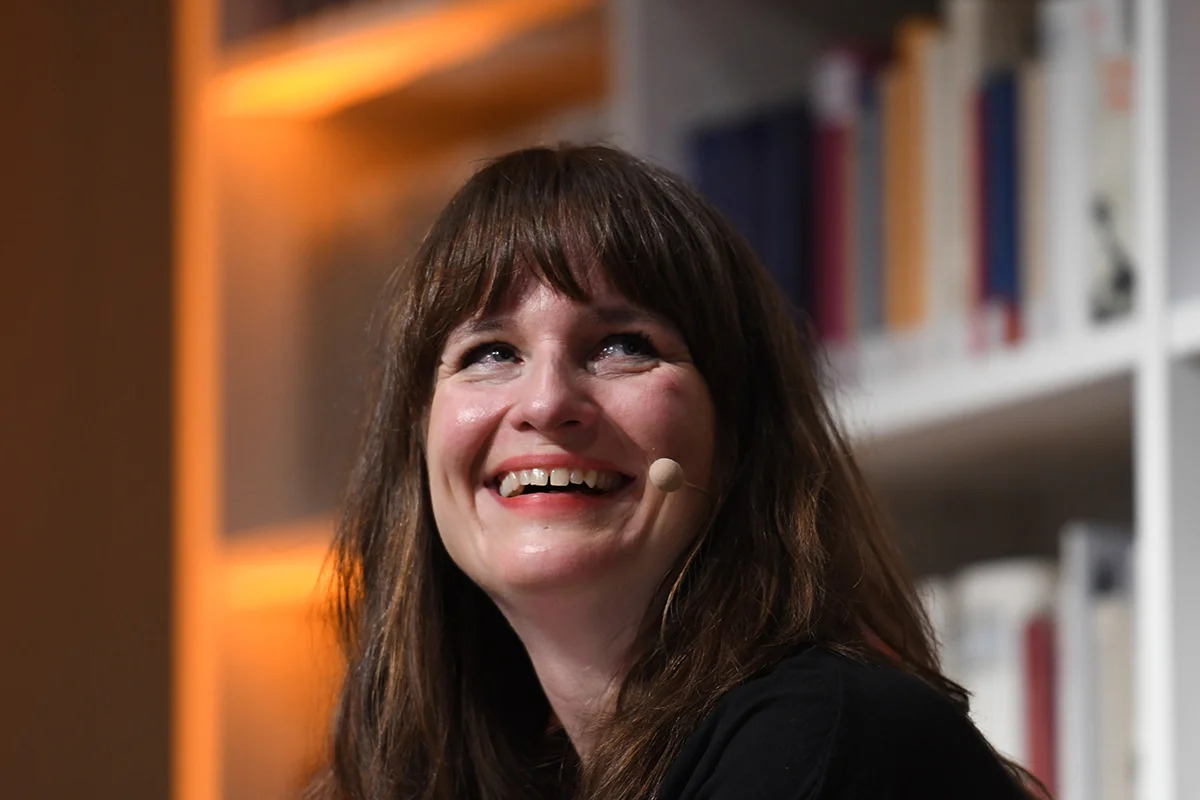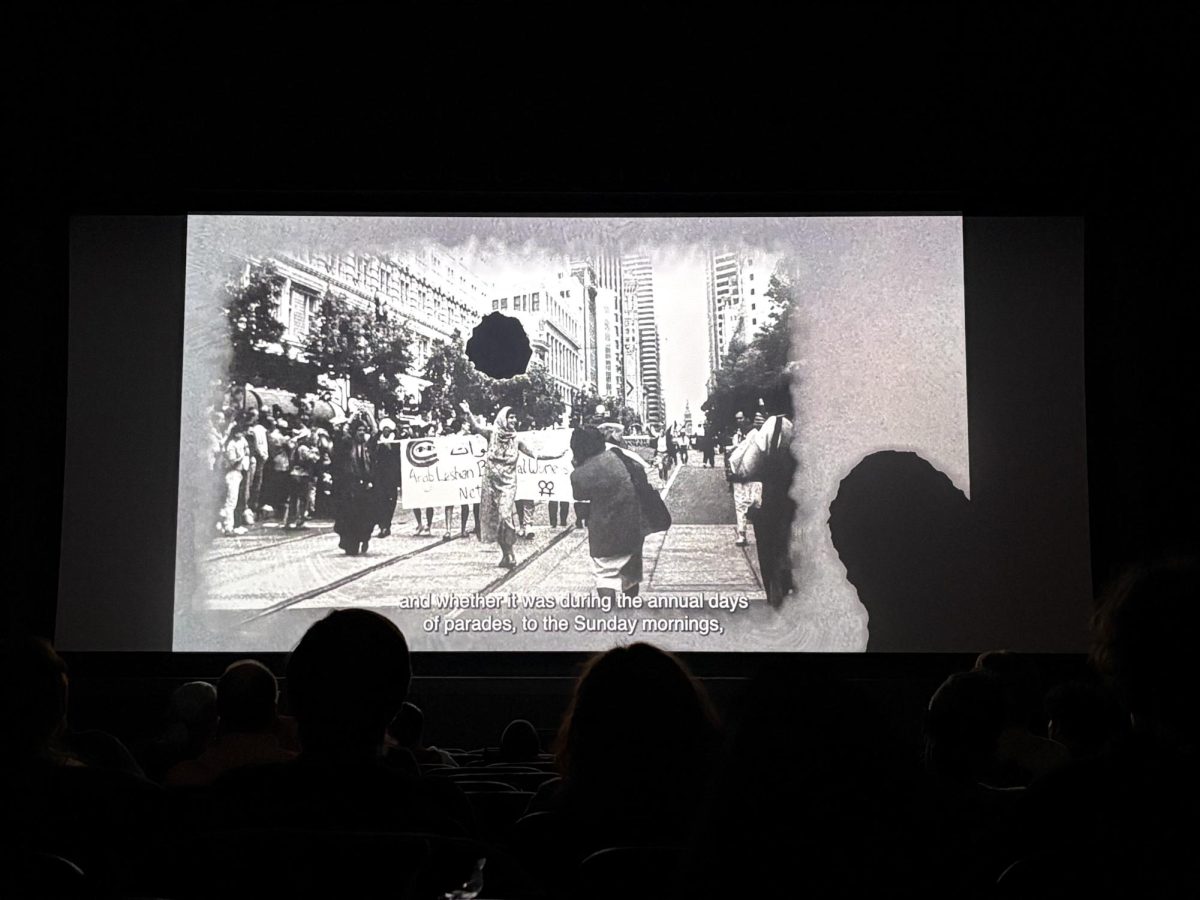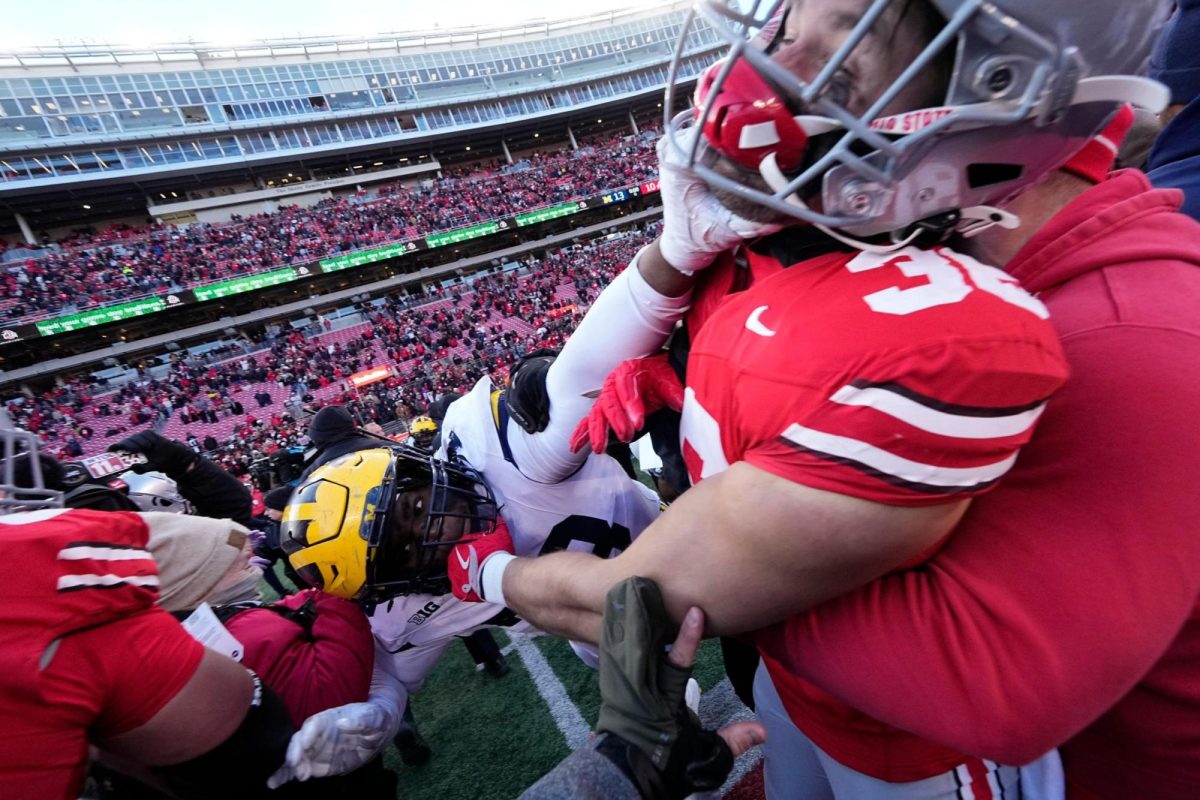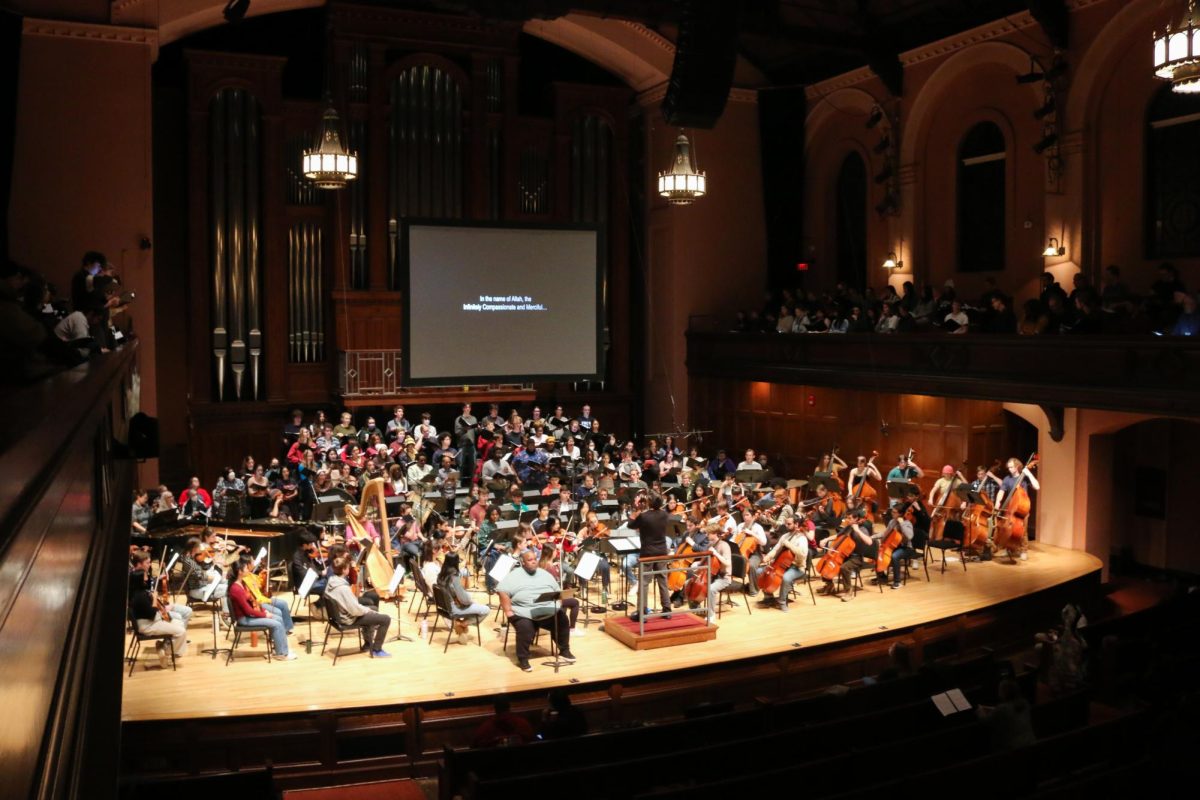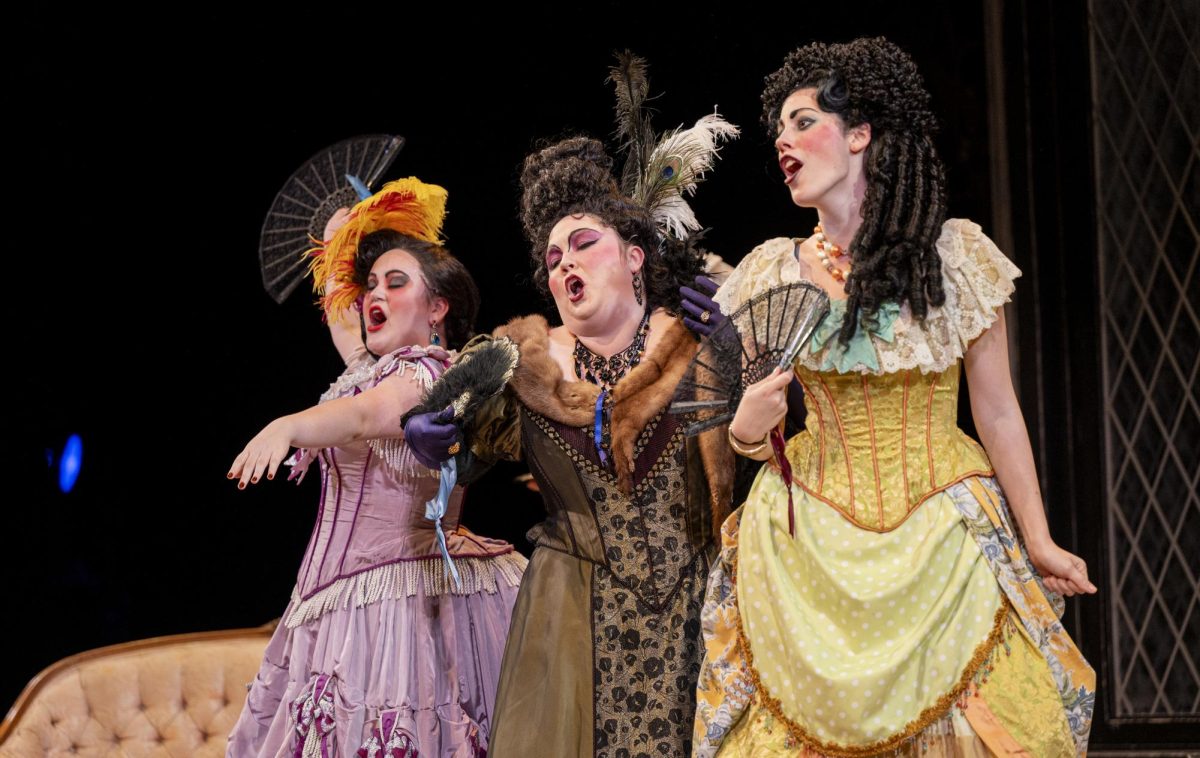CDS and Students Discuss Cultural Appropriation
December 4, 2015
Following claims of Campus Dining Services appropriating traditional Asian dishes, representatives from the South Asian, Vietnamese and Chinese student associations met with CDS to discuss students’ concerns on Wednesday, Nov. 18. The meeting came on the heels of a recent article published by the Review, which critiqued Dascomb Dining Hall’s sushi bar and other interpretations of Asian dishes that many called disrespectful (“CDS Appropriates Asian Dishes, Students Say,” The Oberlin Review, Nov. 6, 2015).
“They took us very seriously and were taking notes the whole time,” said Clover Linh Tran, College sophomore and Vietnamese Student Association co-chair, who wrote the original article. “They seemed very willing to learn and fix what was offending people.”
Tran organized the meeting after coordinating with CDS representatives and inviting fellow students through a Facebook event. Michele Gross, director of CDS; Eric Pecherkiewicz, campus registered dietitian; and John Klancar, Bon Appétit director of operations, were all in attendance.
At the meeting, CDS representatives shared that most of the recipes that students had cited as problematic — such as an interpretation of a Vietnamese Banh Mi sandwich that involved pulled pork and coleslaw instead of the traditional grilled pork, pâté and pickled vegetables — came from online recipes. Gross said that this was the primary reason for the mislabeling of traditional Asian dishes.
The meeting began with students detailing complaints, with examples of what they perceived as inappropriately labeled dishes. The student association advocates compiled comments from other students before the meeting, presenting them to administrators in list form.
“I don’t think CDS really knew what to expect from us,” said Yasmine Ramachandra, College first-year and South Asian Student Association treasurer. “But we were very ready, and had notes and examples.”
Aside from citing examples of allegedly appropriated dishes, students shared what the ramifications of serving these foods were for them. Ramachandra said that she was compelled to attend the meeting after arriving at Stevenson Dining Hall with other South Asian students on Diwali, a Hindu holiday, and finding the traditional Indian tandoori made with beef, which many Hindi people do not eat for religious reasons.
“It’s really not okay to do that to a religious dish,” Ramachandra said.
Representatives from both sides reached a middle ground when CDS delegates agreed to try improving the naming process of meals by not associating excessively modified dishes with specific cultures. CDS delegates added that they will focus on correcting dishes to make them more culturally accurate, specifically Dascomb Dining Hall’s sushi bar. Students also suggested that student associations and CDS collaborate on creating a list of menu items.
Moving forward, CDS representatives said they welcome continued feedback about dishes served in the dining halls. Still, Bon Appétit has come under heavy criticism this year for issues that extend far past the alleged cultural appropriation. Employees have cited severe understaffing issues and a lack of mutual respect between the management company and themselves. The College has not announced any plans to terminate its contract with Bon Appétit.


